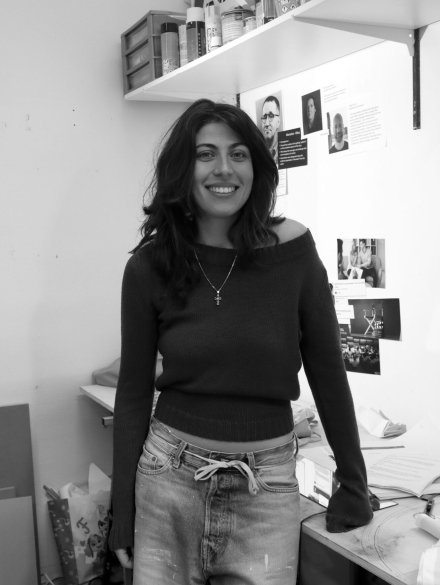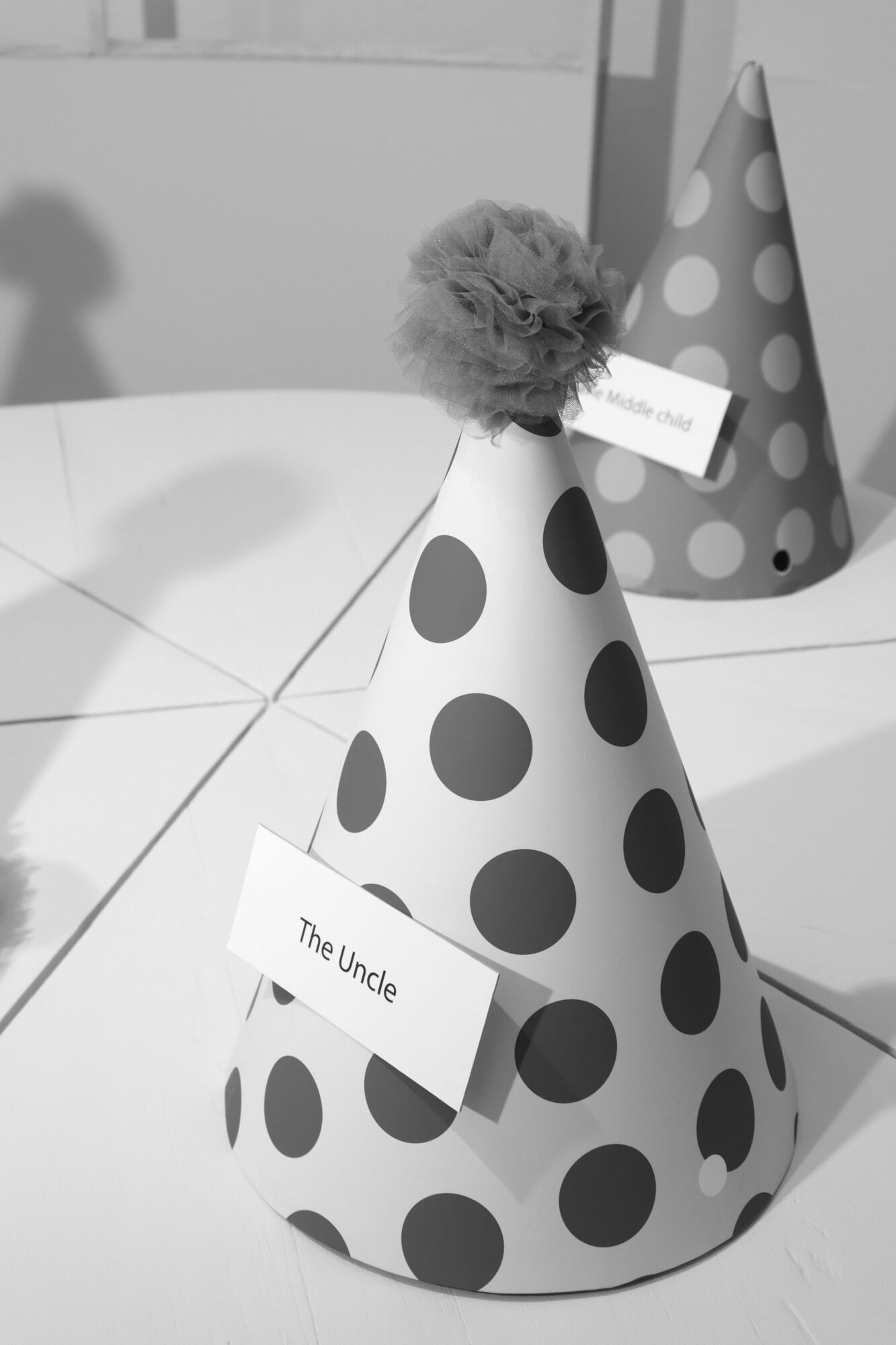Crissi Apostolidis

ON STAGE
Making Room for More Than One Truth
Growing up amid conflicting beliefs, I became fascinated by how truth isn’t fixed but shaped and performed. In a world where every claim meets a counterclaim, reality feels unstable. What we call “truth” depends on our perspective, the platforms we use, the people we talk to. Slowly, the tools we use begin to shape how we think: flattening complexity, rewarding certainty, and numbing our sense of curiosity. But what if contradiction wasn’t a problem - what if friction was a feature, not a flaw?
Tools 
To explore that, I designed The Flipper 1 - a phone that flips physically, not just digitally. One side shows one version of a story. Flip it, and you see another. Not to find the “real” truth - but to train ourselves to expect multiplicity. To stay open. To sit with contradiction, instead of trying to erase it.
Because if we never see the other side, we forget it’s there.
His thinking led me to question not just the media, but the everyday roles we perform. The way we move through conversations, especially in families or communities where beliefs clash, often feels scripted.
What if we treated life less like a debate, and more like a performance?
What if we didn’t try to win the scene — but step back and see it?
I come from a family where beliefs often clash, and gatherings can get tense because of it. So I asked: what if we staged the family gathering as a play to disrupt these patterns of thought?
In a project, I restaged a dutch family birthday party as a theater piece. Instead of reacting to familiar arguments, I added lighting cues, scripted dialogue, and stage directions - not to mock, but to create distance. To make the normal feel strange. Suddenly, a tense conversation became a scene. A role. A script.


This approach is inspired by thinkers like Bertolt Brecht and Erving Goffman, who used performance not to escape reality, but to expose it. They didn’t offer solutions - they created space. Space to reflect. To ask:
What role am I playing?
Who gave me this script?
Do I still want to say these lines?
We live in a time of constant performance - online, at home, in public. The danger isn’t that we’re acting. The danger is forgetting that we are. When we mistake the script for reality, we lose the ability to question it. Because once we see the mechanics, we can flip the story. Rewrite the scene.
Or walk offstage entirely.
This page was last updated on June 18, 2025